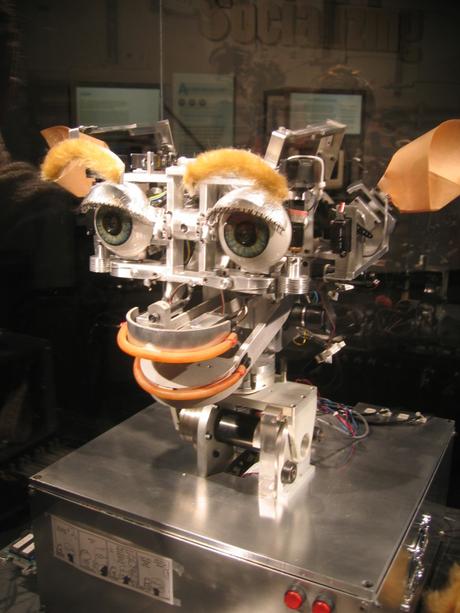Imagine that a time machine could transport you to a medieval village.
What if you asked a villager “What year is this?”
What would the reply be?

In the brilliant book Sapiens: A brief history of Humankind, the author Yuval Noah Harari says that the question would have bewildered the person. The cycles of natural time and organic growth were observed and important for people living in a medieval village. They observed the sun and weather. There was a lack of daily routines, instead, the tasks and the routines changed from months to months, depending on the season. In short, the person would not have been able to tell you what year it was.
In contrast, modern industry cares little about the sun or the season. It is built around the idea that life should be organised, uniform and precise. And many of us spend the first weeks of each new year, trying to remember exactly what year it is. It is important to get the year right.
Take a moment to reflect on how time not only organises your life but also how it makes you feel.
Today, we can tell the time by looking at the screen on the laptop, our wristwatch, or the TV. It is difficult being unaware of what time it is and we also have an idea about how long time it should take to do something. And if it takes longer than expected, we might feel anxious and under pressure to complete the next task quicker.
We evaluate time by looking at how we feel. An hour chatting with our friends flies away quickly, while an hour at a meeting at work can seem like an eternity. We may feel happy during the former hour while the latter makes us suffer. We have gone from being free to become in some sense prisoners of time. But what about the future? Where are we heading?
Much of our thinking is shaped by our suffering. Human cognition gets sharper as well as more muddled because we suffer so much. The question is if it is necessary to include suffering in artificial thinking. Can there be real artificial intelligence without exposure to suffering and pain? If yes, what would happen to our time fixated society?
Go here to read more of our blog posts about Thinking and Time.

Photo Kismet
Advertisements